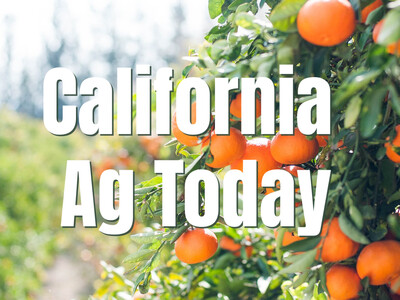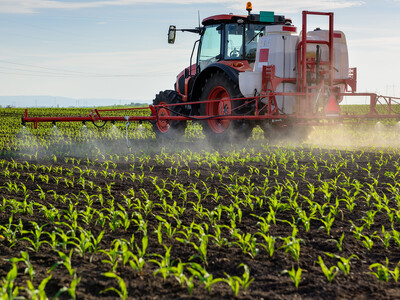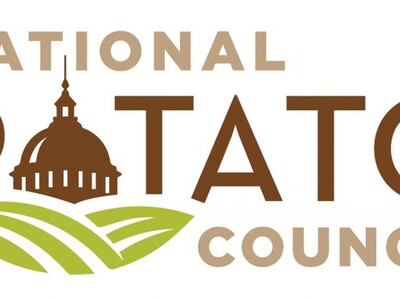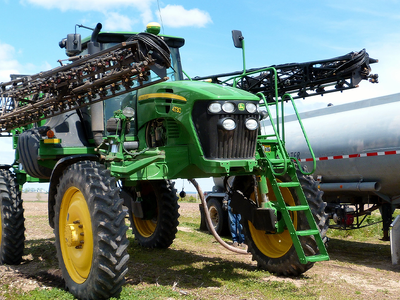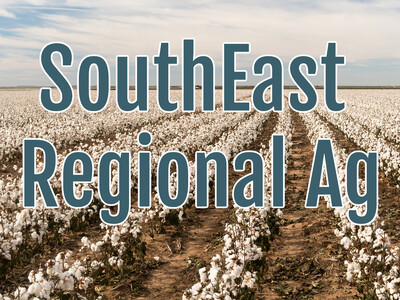Trade War Could Have Lasting Impacts on the Farm Economy

Tim Hammerich
News Reporter
As trade policies shift with a new administration, farmers must stay in-the-know about how these policies will impact their individual operations. David Widmar of Agricultural Economic Insights says a decline in exports can lead to growing inventories, shifting planting decisions, and a lack of effective risk management tools.
Widmar… “The problem here with trade is that a trade implosion would be, and I'm thinking about those commodities we export, is we just keep piling them up. They start getting more and more inventories. We keep moving acres into other crops, which increases the stocks there. So if soybeans go into a trade war, we're going to plant fewer soybean acres. That means more corn, maybe more wheat, maybe more sorghum and hay and all those other crops start to see their ending stocks grow up. And so there is just one, not a lot of tools to address that. Yes, government programs help, but that's sort of a bandaid. And in the long term, there's not a lot of risk management tools either. And so you think about crop insurance, it's a year over year change that it helps with working capital can only last us so long. So these trade implosions is just an issue where we don't have a lot of risk management. We don't have a lot of policy programs to help fix that. And that's why we're thinking about that. I just, I think that the, the long tail on that could be really, really challenging.”
Widmar is an agricultural economist specializing in agricultural trends and the farm economy.




